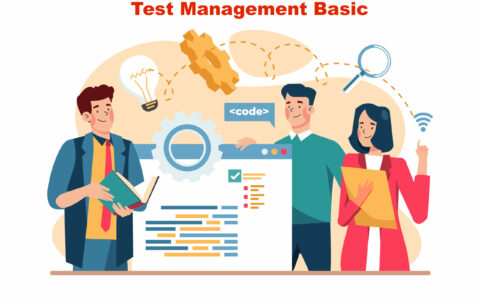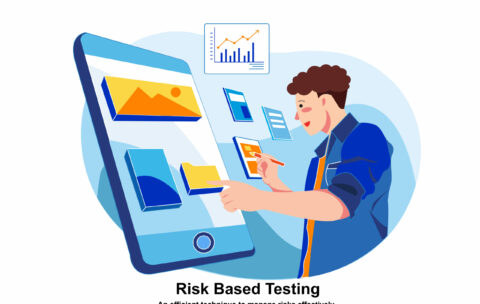All Levels
Test Management basic
The Test Management course is designed to provide participants with …
£139.00
Test Management basic
What you'll learn
Acquire a thorough understanding of the test management process and its procedures.
Master the ability to plan, design, execute, and report on testing activities.
Develop skills in identifying and mitigating risks in the testing process.
Improve knowledge of test management tools and techniques, including defect tracking and reporting.
Earn a certificate of completion that showcases your mastery of test management concepts and techniques.
All Levels
ISTQB Test Automation Engineer
The ISTQB Test Automation Engineer course is designed to provide …
£149.00
ISTQB Test Automation Engineer
What you'll learn
Prepare for the ISTQB Advanced Level - Test Automation Engineer exam
Understand the tasks of a Test Automation Engineer (TAE) in designing, developing, and maintaining test automation solutions.
Learn the concepts, methods, tools, and processes for automating dynamic functional tests.
Learn the relationship of automating dynamic functional tests to test management.
Learn the relationship of automating dynamic functional tests to software development processes and quality assurance.
Learn general applicable methods across variety of software lifecycle approaches (e.g., waterfall, agile, sequential, incremental, iterative).
Gain practical experience using test automation tools and methods, including Selenium, JMeter, and QuickTest Pro.
Develop skills in identifying and fixing defects in software applications using test automation.
Learn best practices for testing various types of software applications, such as web applications, mobile applications, and desktop applications, using test automation.
All Levels
Risk-based Testing
This course teaches you about the approach of risk-based testing …
£39.00
Risk-based Testing
What you'll learn
To understand the key concepts of risk-based testing and its importance in software development.
To be able to identify, assess, and prioritize risks in software development projects.
To use risk analysis techniques to determine the potential impact of defects and inform testing decisions.
To develop and implement a risk-based testing strategy that considers the identified risks.
To plan and execute risk-based tests effectively, ensuring the most critical aspects of the software are thoroughly tested.
To report and track risk-based testing results and make data-driven decisions about risk mitigation and future testing efforts.
All Levels
Agile Basic Training
The Agile Basic Training course is designed to provide participants …
Free
Agile Basic Training
What you'll learn
Describe the difference between waterfall and agile projects
Identify benefits of agile projects
Describe the kanban method
Identify the benefits of kanban work-in-progress limits
Use Jira to create a custom kanban board
Describe a cumulative flow diagram






